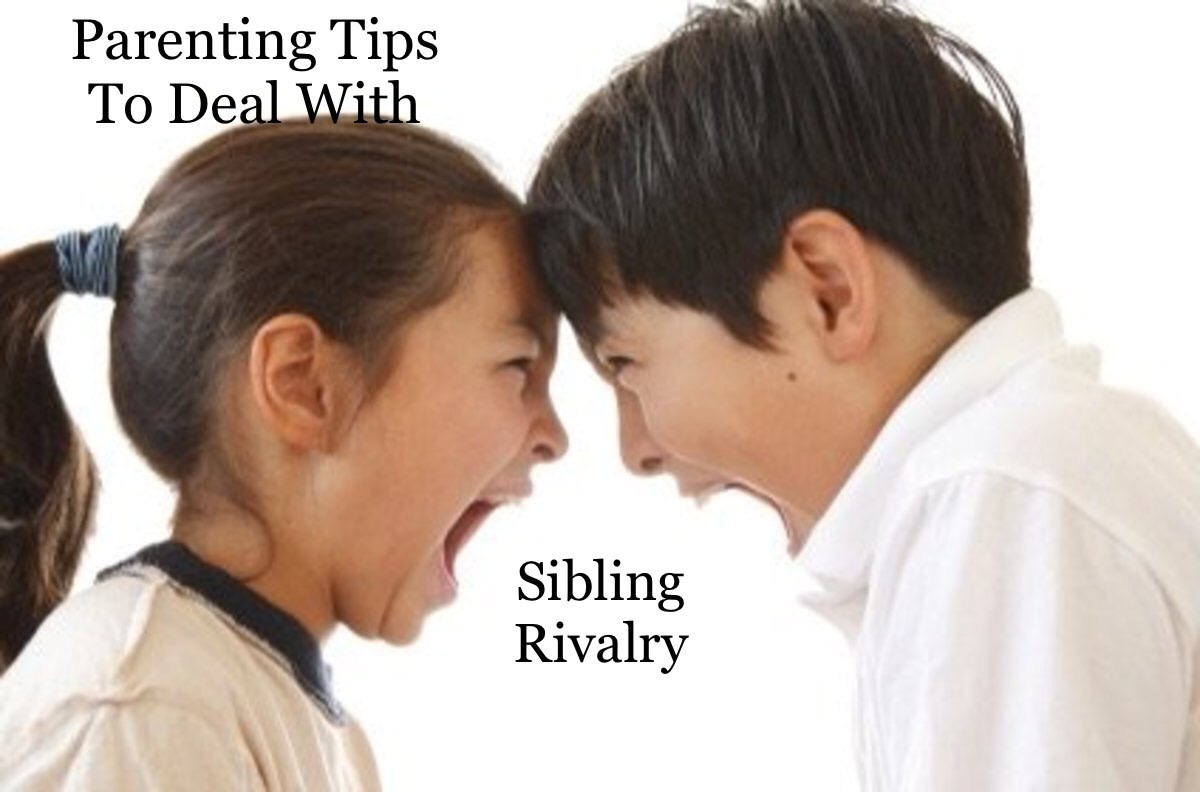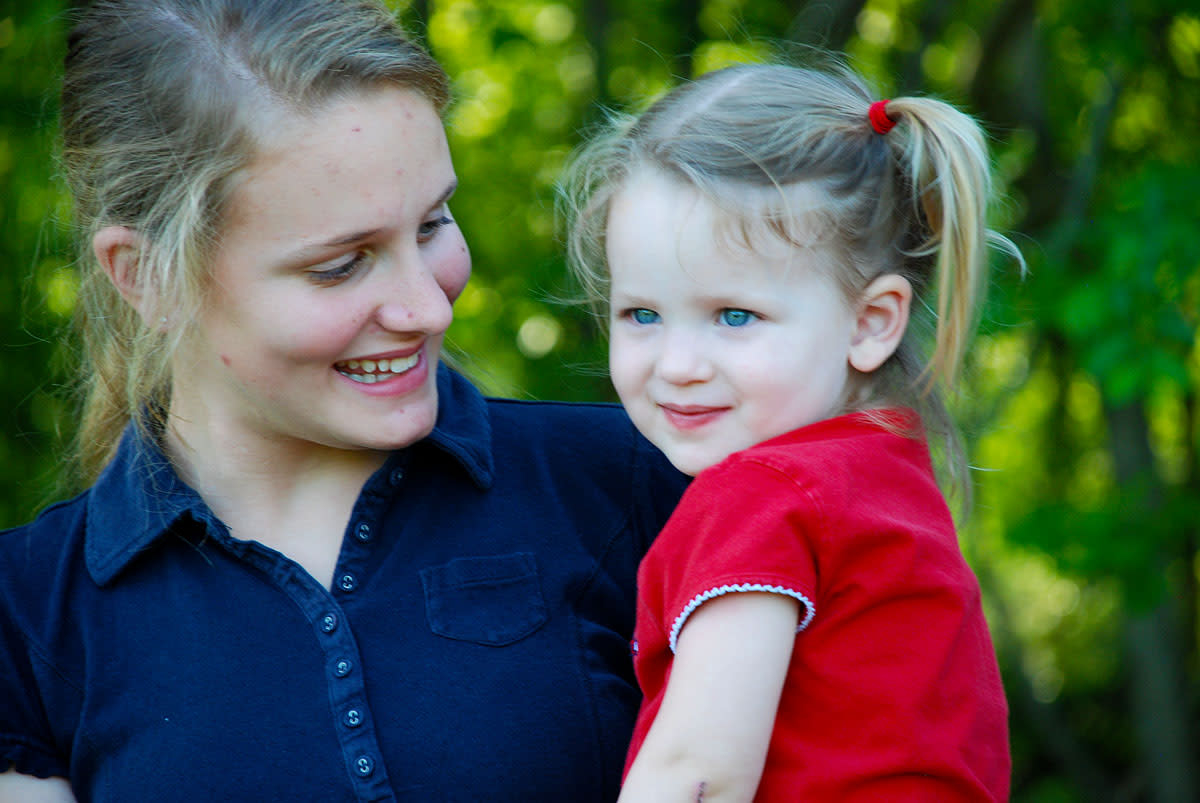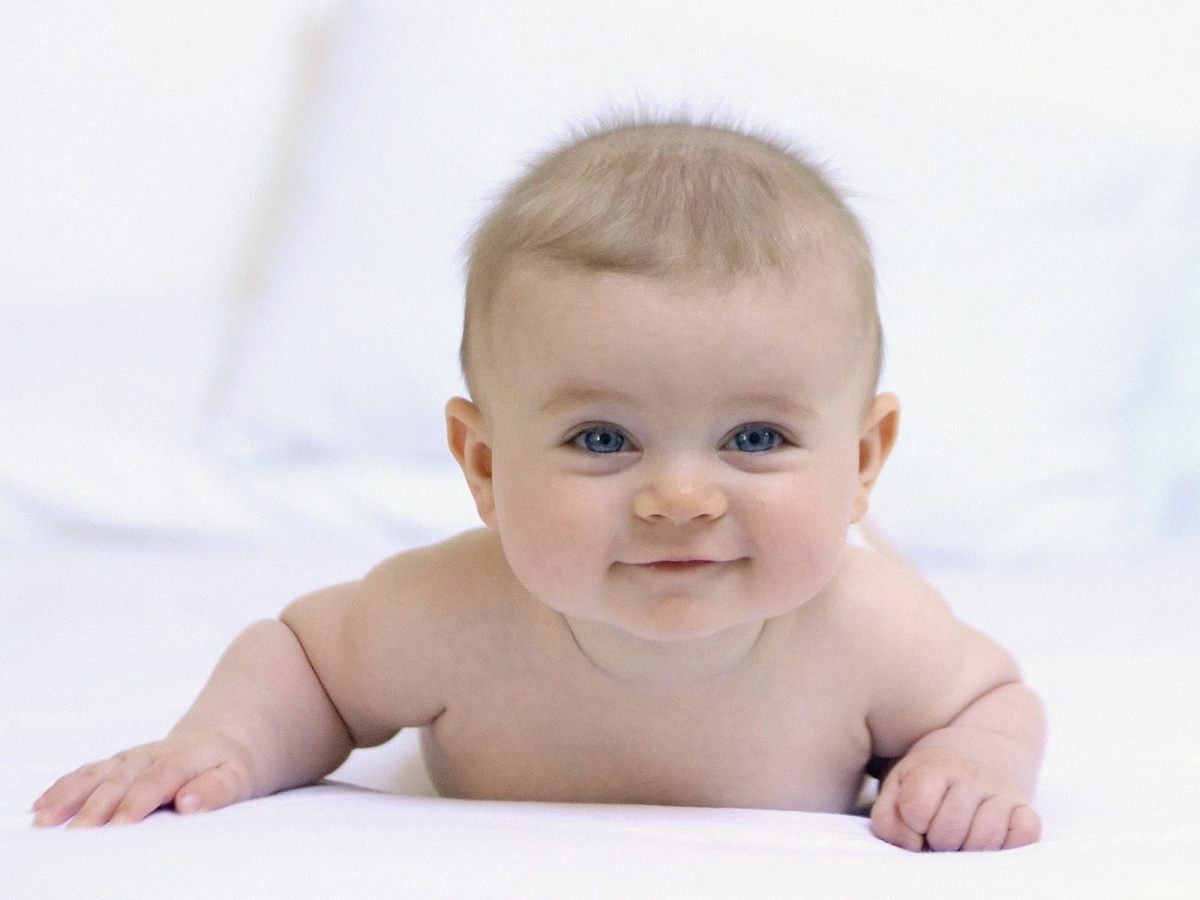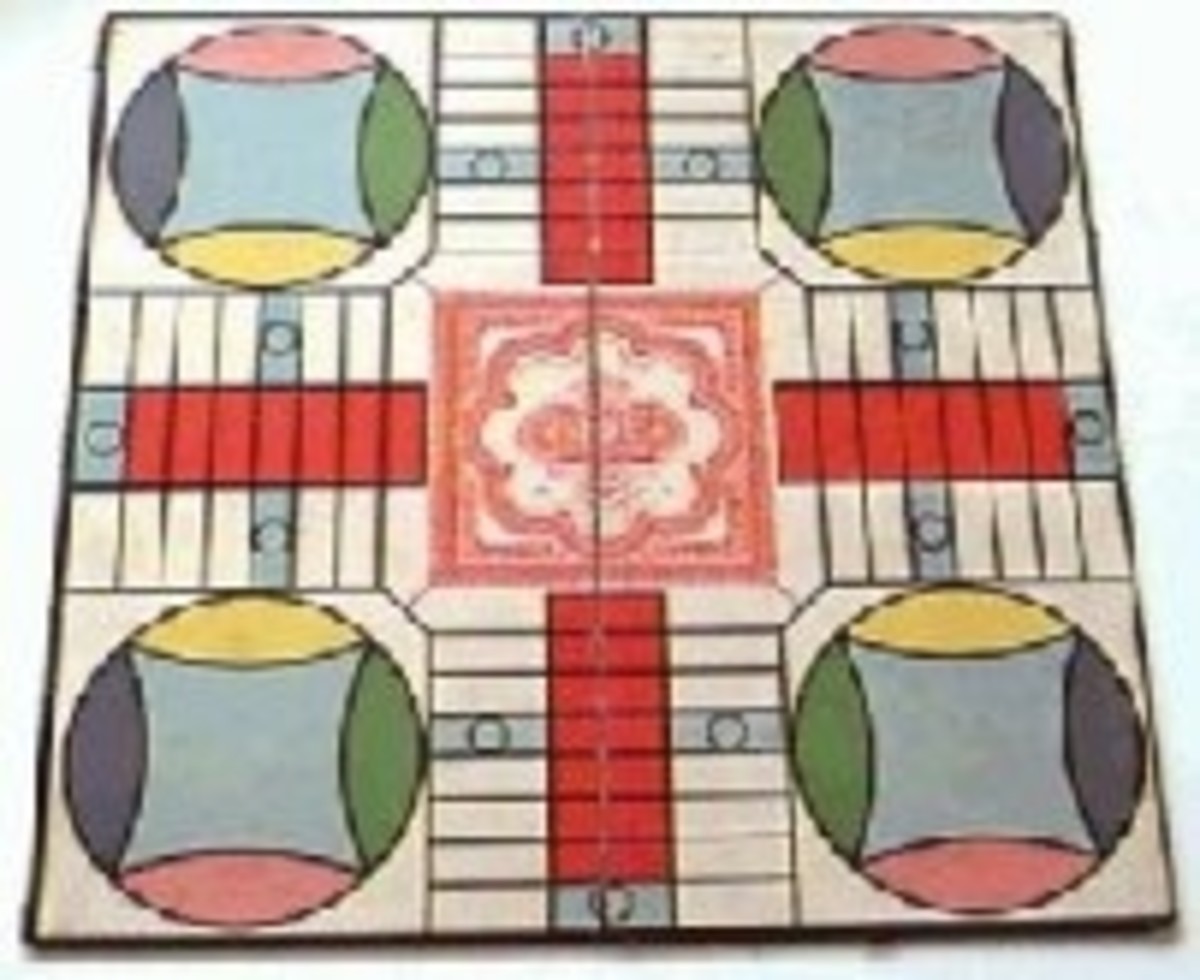Why There Are More Benefits to Having Only One Child As Opposed to Two or More Children



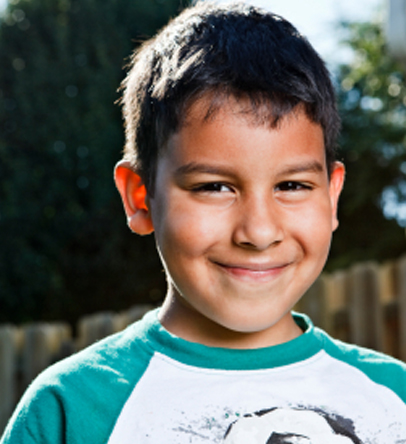



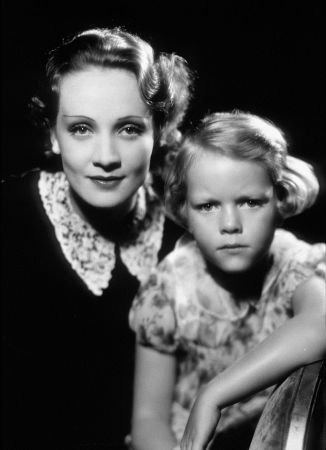




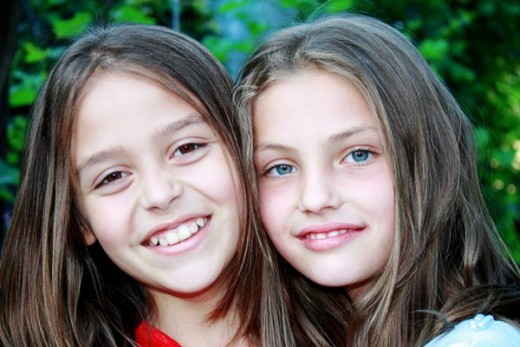

The Joys and Benefits of Being an Only Child
I did not mean for this to be a hub but here we go. There are more benefits having an only child. Only children have total individualized parental attention. Parents can devote more time to one child than they adequately can to multiple children. This type of parental attention helps only children develop faster as more interactive time is spent with them, talking and teaching. Since their immediate environment is an adult one, they become mature earlier.
Only children do not have to compete with siblings for parental attention. They do not have to undergo sibling rivalry. It is a given that their parents will be there for them. They also have unlimited parental access. They can speak and see their parents any time they want as there are no siblings competing for parental time and space. Furthermore, they do not have to adopt certain personas and/or behaviors They do not have to adopt certain types of behaviors and mannerisms as siblings do in order to curry parental attention. They are free to be themselves in relating to their parents.
Only children are also freer to develop into their own personas. They are not mandated into rigid familial roles like children in multichild households. Children in such households are oftentimes pigeonholed into roles such as "the smart one", "the stupid one", the pretty one", "the athletic one", "the talented one", and/or other rigid sibling categorizations. Such roles often have either a positive or negative effect upon children that often lasts a lifetime. Only children do not have undergo such rigid labelling, they are encouraged to be individuals.
Only children do not have to endure the hierarchical pecking order which is common among children with siblings. With siblings, hierarchical pecking order are common. Oldest children are often the dominant ones, exerting their power over their younger siblings. This interaction can be either positive or negative. Middle children oftentimes have to fight to be recognized or simply left behind. Youngest children are often bossed and/or pushed around by older siblings. Only children are free of this type of sibling game playing.
Only children are not subjected to sibling drama such as verbal and emotional abuse on a constant basis. They can be who and what they want to be without constant sibling interference. They are not subjected to the parental favoritism that children with siblings routinely endure. In multichild families, favoritism is commonplace with one child being favored over other children. Only children are loved by their parents through thick and thin. It can be said that they are always their parents' favorite.
Only children are valued for who they are by their parents. They do not have to experience being compared to other siblings. Children with siblings are constantly being compared against each other by parents in one way or another. This is quite commonplace in multichild household with often disastrous effects on the thus affected child. Only children are given the freedom to be truly be and to develop themselves to their specifications. Their uniqueness is avidly encouraged and nurtured by their parents.
Only children are high academic and intellectual achievers as a result of mainly interacting with adults, instead of other siblings. Parents as adults oftentimes have more advanced education, experience, expertise, and/or knowledge than siblings who are merely children themselves. As a result of growing up in an adult environment, only children have more advanced academic and intellectual skills than children with siblings who mainly interact with each other. Sociological studies confirm that the increase in the number of siblings per household correlate with the decreased intellectual environment in the home. Children with siblings are often have more elementary and/or rudimentary intellectual skills as a result of spending more time interacting with other siblings instead of their parents.
Only children are highly individualistic, independent, and possess a high sense of self as there is no constant sibling interference and competition. They are quite comfortable being alone as they are self-directed, not needing others to indulge in activities or to have fun. They can contentedly been immersed reading, writing, and/or any other solitary hobby/activity. Also, they are seen and treated as individuals by their parents. They are taught to consider their needs, wants, and/or desires. They do not have to subvert their personalities to fit into a group dynamic like children with siblings must do on a regular basis. Also, many children in multichild households are told that their needs do not matter and to have a sense of self is deemed selfish and wrong.
Only children have a freer and/or unencumbered childhood than children with siblings. They are not burdened with raising and/or assuming other caretaking duties regarding younger siblings. They are also not discarded like some children are in favor of younger siblings. In multichild families, there are children who are expected to be adults early while others have extremely prolonged childhoods and adolescence. As a result of not having siblings, only children are freer to be children and adolescents, exploring their youthful environments.
Siblingship oftentimes adversely impact oldest and/or older children in families. They are the ones who have to become adults early, often forfeiting their formative childhood and adolescent years. Middle children are often ignored and/or left in the shuffle, left to raise and fend for themselves. The only children siblingship benefits are youngest children. They are the ones who receive the most and favorable parental attention, love, and/or care. Many youngest children have quite prolonged childhoods and adolescence with little or no responsibilities.
There is also economic benefits to being an only child. In one child households, there is more money allocated per child. They have the money to participate in more cultural and intellectual activities such as dancing lessons, overseas travel, attending plays, and going to restaurants. They also can afford better health, medical, and dental care. They have access to better nutrition and better quality of schools. Furthermore, they are more likely to attend college and/or other forms of higher education as more monies are available in the household.
The concept that children "must have" siblings in order to "give" them someone to play with is quite an atavistic and archaic premise. Giving a child a siblings oftentimes cause psychological and emotional damage as there is intense competition. This competition manifests itself by verbal and/or other forms of emotional abuse. Also, constant interaction with siblings retards a child's intellectual growth. Older children need children their own age or slightly older to interact with, not younger children. Parents often have their only child participate in activities and/or play dates with same age peers. Many enroll their only children in intellectual and/or cultural activities where they can interface with children from varied cultural backgrounds. Children are is never too young to participate in educational and/or cultural activities which are fun and enlightening.
In conclusion, there are myriad benefits to being an only child which are nonexistent in multichild families. Only children have individualized and undivided parental attention. They do not have to endure sibling competition and/or abuse. They are free to be their individual selves, not having to conform to a sibling construct or adopt certain behaviors in order to be loved and accepted by their parents. They do not have to endure the sibling pecking order which is de rigueur in multichild households.
Only children do not have to endure parental favoritism and the art of comparison that regularly occurs with children who have siblings. They are also not pigeonholed into rigid sibling roles and/or expectation which often negatively impact children for a lifetime. They have less encumbered childhoods and adolescence than siblings with children. Many children with siblings are forced to become adults quickly, not have much of normative childhoods and adolescence. Only children have the freedom to fully explore and enjoy their formative years at will.
Only children are very mature and advanced as a result of primarily interacting with adults. They are high intellectual and academic achievers because their parents were the main teachers and educators, not siblings. They are also very self-directed and independent, not needing others in order to have fun. They create their own and are happy being by themselves. Children do not need siblings to be complete. Only children are very happy, well-adjusted, self-confident, and most of all, well-functioning people, thank you.
© 2011 Grace Marguerite Williams



